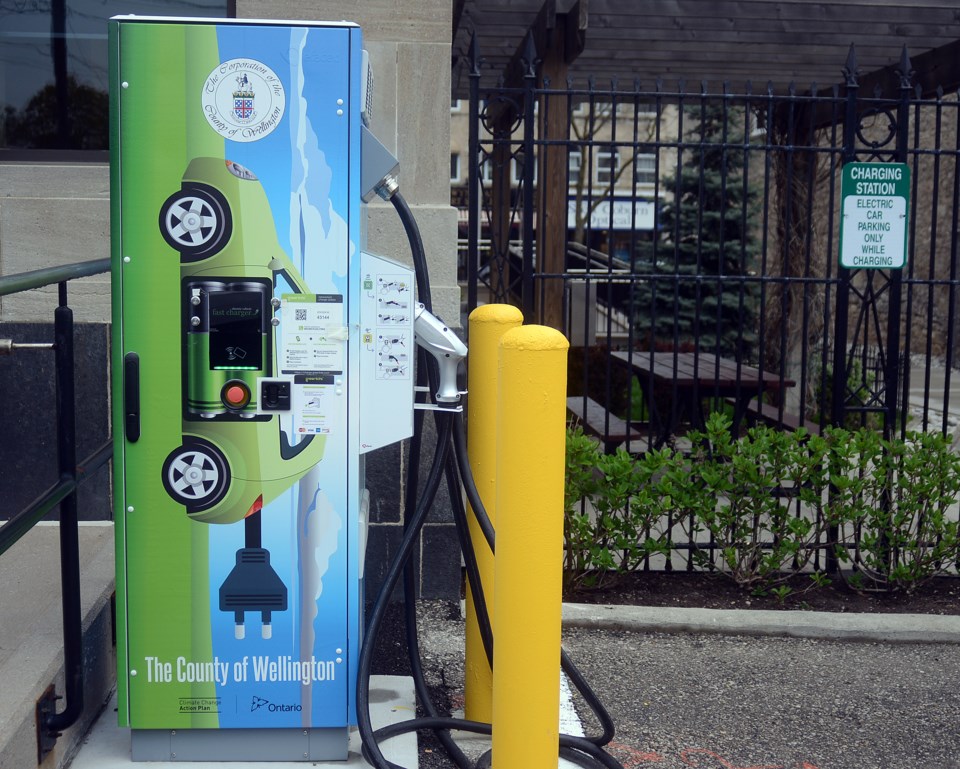A city report says it would cost $32.4 million over seven years to switch the majority of the city’s corporate vehicles to electric or hybrid vehicles.
The greatest cost would be replacing the city’s 74 diesel buses with electric buses, but that cost could be reduced significantly if the city is successful in garnering a provincial government grant.
“An application was submitted to the Ontario Investing in Canada Infrastructure Program (ICIP): Public Transit Stream for electrifying the existing transit bus fleet. If awarded, the Federal and Provincial government will support over 77 per cent of the costs,” says the staff report delivered to council last week.
The capital cost forecast is defined based on anticipated capital costs for transponders, electrical infrastructure upgrades, EV chargers, and differential costs for EVs when lifecycle replacement is due, they report says.
In 2017 city council directed staff to look into what would be needed, and what it might cost, to switch all of the city’s corporate fleet to electric or hybrid vehicles.
That could include everything police cars and ambulances to Zambonis and city buses.
The city has just under 500 corporate vehicles, including police cars.
Vehicles would be switched over as they end their life cycles.
There are no electric or hybrid options available for fire trucks or some heavy equipment such as snow plows or backhoes, the report says, but there are for police cars, Zambonis and ambulances, plus most of the city’s corporate cars, SUVs, and buses.
The report says that 51 per cent of the city’s corporate greenhouse gas is produced by its corporate fleet.
In addition to switching out vehicles, part of the process would be making sure the city has the right amount and type of vehicles and also upgrading the city’s electric charging capabilities.
As things stand, the city’s bus depot on Watson Parkway only has enough infrastructure to handle one electric bus charger, meaning significant upgrades would be needed there before electrifying the bus fleet.
